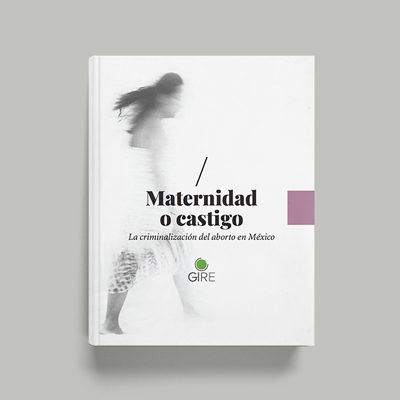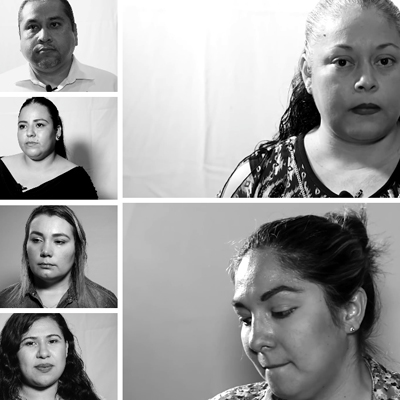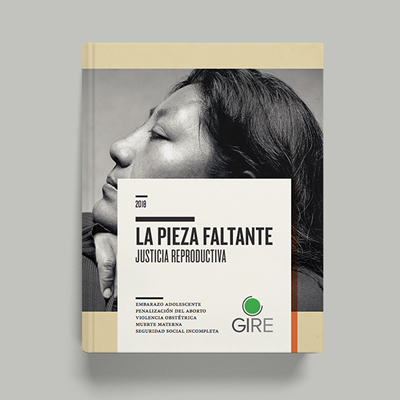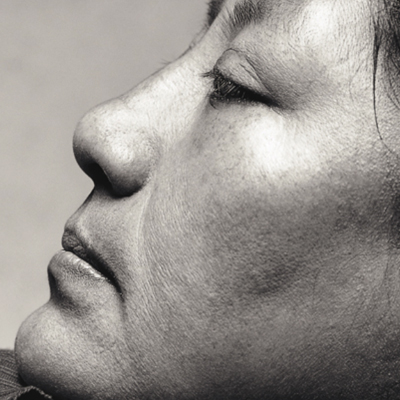
One Year
en Route
to Reproductive Justice
In 2018, all of Mexico was consumed by the federal elections, including the presidency. Between the campaigns, the elections and the transition period, the year flew by. During this time, GIRE was working hard to achieve significant changes for Mexican women, despite the fact that women and women’s issues were largely ignored by candidates.
This year, GIRE once again had the honor of accompanying and defending many women and their families whose rights had been violated. The trust they place in us, opening their doors and hearts, is still the most important driving force behind our work.
We have experience in changes of administration, and next year we will focus on sharing far and wide, with the new public officials, our analysis of what happens to women and their reproductive rights in every corner of our country. The analysis we present in our 2018 report, The Missing Piece: Reproductive Justice, is a basic guide for decision makers to bear in mind that, without respect for women’s rights, there will be no peace, nor will it be possible to put an end to corruption and impunity in Mexico.
We ended the year full of hope that Mexican women will have the chance for improved quality of life and that their families and their communities can reach their full potential.
We work to ensure that, one day, Mexico will be a country where women do not face discrimination.

Regina Tamés
Executive Director
In 2018, all of Mexico was consumed by the federal elections, including the presidency. Between the campaigns, the elections and the transition period, the year flew by. During this time, GIRE was working hard to achieve significant changes for Mexican women, despite the fact that women and women’s issues were largely ignored by candidates.
This year, GIRE once again had the honor of accompanying and defending many women and their families whose rights had been violated. The trust they place in us, opening their doors and hearts, is still the most important driving force behind our work.
We have experience in changes of administration, and next year we will focus on sharing far and wide, with the new public officials, our analysis of what happens to women and their reproductive rights in every corner of our country. The analysis we present in our 2018 report, The Missing Piece: Reproductive Justice, is a basic guide for decision makers to bear in mind that, without respect for women’s rights, there will be no peace, nor will it be possible to put an end to corruption and impunity in Mexico.
We ended the year full of hope that Mexican women will have the chance for improved quality of life and that their families and their communities can reach their full potential.
We work to ensure that, one day, Mexico will be a country where women do not face discrimination.

Regina Tamés
Executive Director
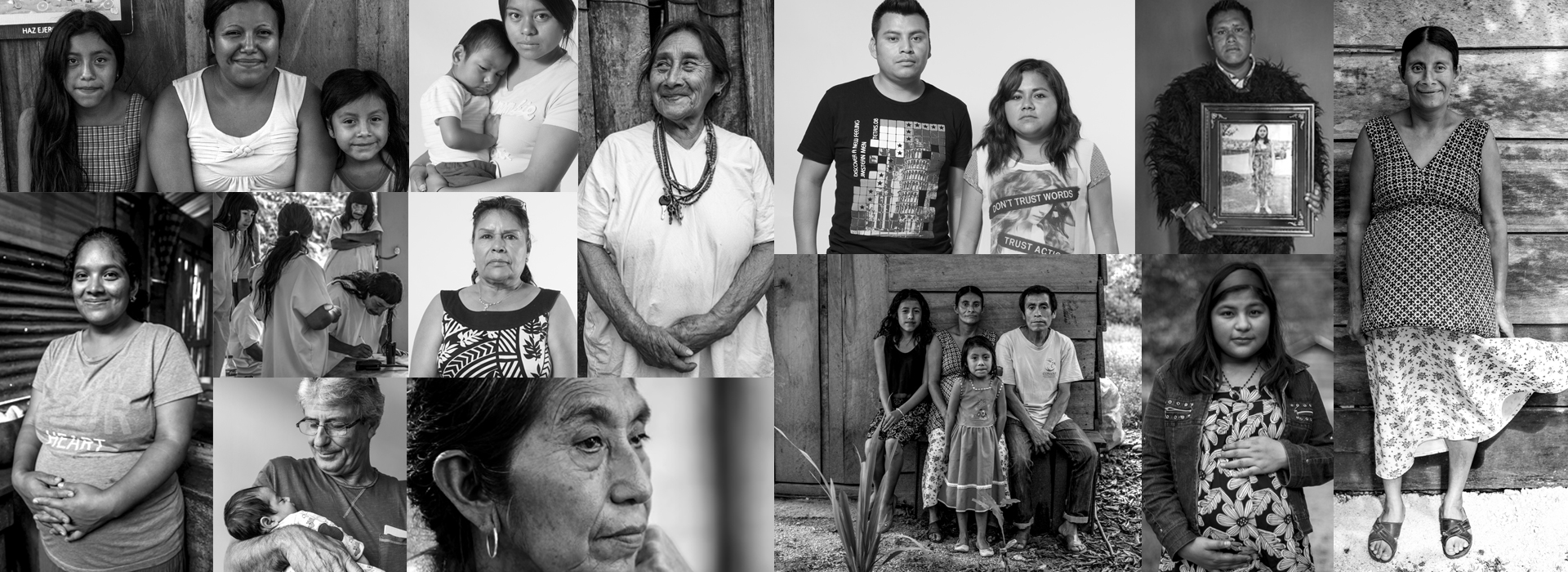

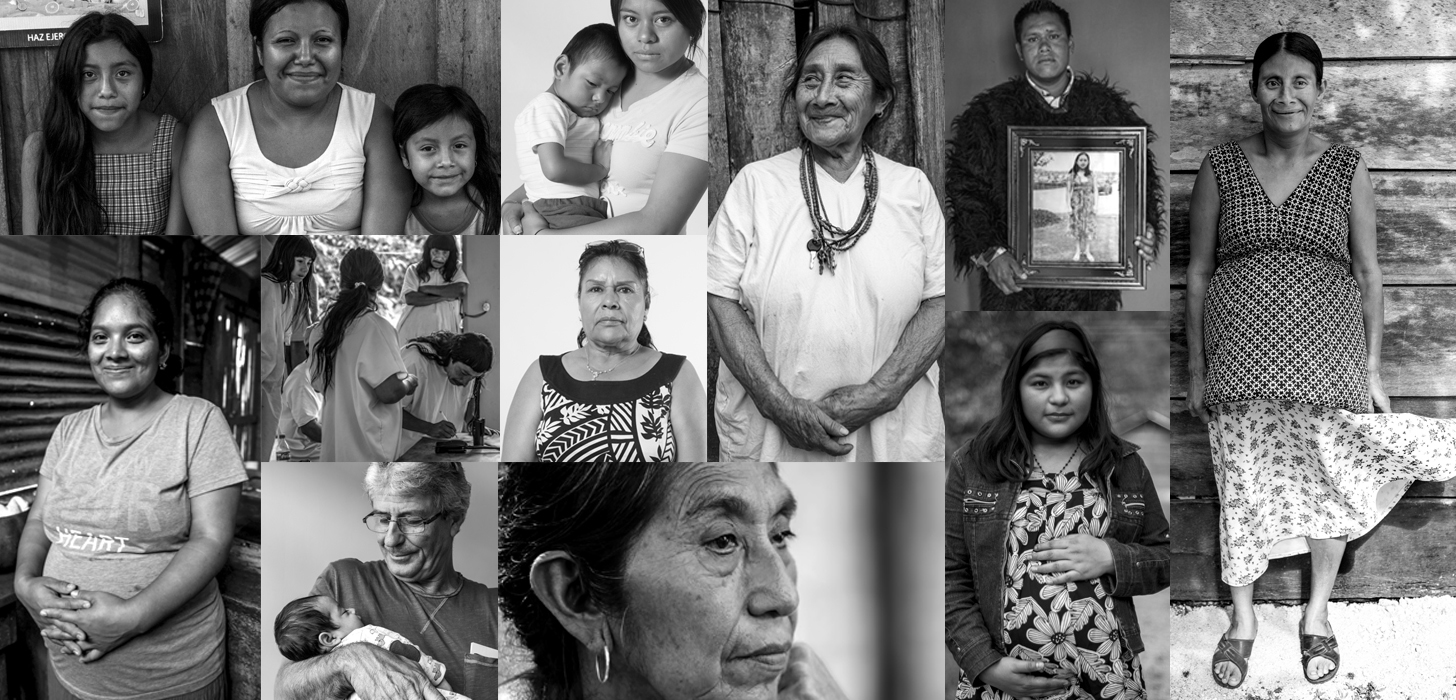
The Hard
Facts

GIRE is the principal source of the latest information on reproductive justice in Mexico, often cited by lawmakers, media, allied organizations, and academics. In 2018, we found innovative ways to address our priority issues, including the criminalization of abortion, an agenda for the new government with reproductive rights proposals, a research study into the lack of transparency surrounding adoption in Mexico an extensive report on the state of reproductive justice in Mexico. The four reports published this year were cited 149 times in the press and in the over 500 pages of material, you can find:
legal instruments reviewed, including penal codes, norms, protocols, constitutions and laws
public policy proposals
As an organization, GIRE has accumulated 26 years of research, analysis and public policy proposals constituting a comprehensive body of information that gives us a unique vision on the reality of reproductive justice in Mexico over the years, including advances and setbacks.

The
Hard
Facts
GIRE is the principal source of the latest information on reproductive justice in Mexico, often cited by lawmakers, media, allied organizations, and academics. In 2018, we found innovative ways to address our priority issues, including the criminalization of abortion, an agenda for the new government with reproductive rights proposals, a research study into the lack of transparency surrounding adoption in Mexico an extensive report on the state of reproductive justice in Mexico. The four reports published this year were cited 149 times in the press and in the over 500 pages of material, you can find:
legal instruments reviewed, including penal codes, norms, protocols, constitutions and laws
public policy proposals
As an organization, GIRE has accumulated 26 years of research, analysis and public policy proposals constituting a comprehensive body of information that gives us a unique vision on the reality of reproductive justice in Mexico over the years, including advances and setbacks.
The current judicial system in Mexico is not designed for women. That is why GIRE is determined to challenge it, as many times as necessary, until public authorities guarantee women’s reproductive rights and seek reparations for those whose rights continued to be violated.
Each case we accompany goes beyond legal advice and defense, as it contemplates the woman’s psychological, medical and financial needs, as well as any others. In addition, we strive to achieve comprehensive reparations, based on the highest human rights standards, for each case, which goes beyond economic compensation, where the State addresses the structural deficiencies that caused the violation of the rights in the first place. Other achievements include:
new cases accompanied in 11 states and Mexico City
legal stays won
cases won in the Supreme Court
cases, undergoing the reparation process; in three, important measures have been complied with
GIRE also has an extensive network of allied lawyers who share our vision for a judicial system that serves women. We now have 18 allied lawyers in 14 states.
Closer
to Justice


Closer
to Justice
The current judicial system in Mexico is not designed for women.That is why GIRE is determined to challenge it, as many times as necessary, until public authorities guarantee women’s reproductive rights and seek reparations for those whose rights continued to be violated.
Each case we accompany goes beyond legal advice and defense, as it contemplates the woman’s psychological, medical and financial needs, as well as any others. In addition, we strive to achieve comprehensive reparations, based on the highest human rights standards, for each case, which goes beyond economic compensation, where the State addresses the structural deficiencies that caused the violation of the rights in the first place. Other achievements include:
new cases accompanied in 11 states and Mexico City
legal stays won
cases won in the Supreme Court
cases, undergoing the reparation process; in three, important measures have been complied with
GIRE also has an extensive network of allied lawyers who share our vision for a judicial system that serves women. We now have 18 allied lawyers in 14 states.
Promoting
Change

Our analysis of the latest data and information, combined with our experience accompanying cases, informs our public policy advocacy for tangible change. We provide decision makers with accurate, evidence-based information that can be translated into policy on reproductive justice that changes women’s lives. Advances attributed to our work include:
new bills presented by legislators citing GIRE
Recommendations emitted by two United Nations committees (CEDAW and DESC) that use information from the shadow reports that GIRE prepared and presented
In addition, at the end of 2018, the Mexico City Legislature approved a health bill to establish that pregnant women can be accompanied, at all times, by a trusted person of their choice during childbirth, including cesareans. Both the bill and the law mention GIRE’s work on obstetric violence.

Promoting
Change
Our analysis of the latest data and information, combined with our experience accompanying cases, informs our public policy advocacy for tangible change. We provide decision makers with accurate, evidence-based information that can be translated into policy on reproductive justice that changes women’s lives. Advances attributed to our work include:
new bills presented by legislators citing GIRE
Recommendations emitted by two United Nations committees (CEDAW and DESC) that use information from the shadow reports that GIRE prepared and presented
In addition, at the end of 2018, the Mexico City Legislature approved a health bill to establish that pregnant women can be accompanied, at all times, by a trusted person of their choice during childbirth, including cesareans. Both the bill and the law mention GIRE’s work on obstetric violence.
In the current global political context, it is more important than ever to place creative communications strategies on complex issues on the table and move people to take action. We use multi-media tools to reach diverse audiences in Mexico and Latin America. This year, GIRE had a strong presence in the media with 452 mentions in national and international media outlets.
In 2018, we launched several campaigns, in collaboration with new allies from outside of civil society. Among these campaigns are:
One of the campaigns was carried out with other organizations1 to raise awareness on families who lost their newborns in the No. 1 Regional General Hospital in Culiacan, Sinaloa. According to the National Human Rights Commission (NHRC), between December 2014 and September 2015, 24 newborns unexpectedly died in this hospital.
As a result of the campaign, the NHRC issued a recommendation to the hospital, a first step toward justice for the families who have been waiting for a response from the government since 2014.
1 C’Mas (Colectivo de Mujeres Activas de Sinaloa, A.C.), Mexicanos Contra la Corrupción y la Impunidad, and Noroeste
Multi-
media
Communication


Multi-
media
Communication
In the current global political context, it is more important than ever to place creative communications strategies on complex issues on the table and move people to take action. We use multi-media tools to reach diverse audiences in Mexico and Latin America. This year, GIRE had a strong presence in the media with 452 mentions in national and international media outlets.
In 2018, we launched several campaigns, in collaboration with new allies from outside of civil society. Among these campaigns are:
One of the campaigns was carried out with other organizations1 to raise awareness on families who lost their newborns in the No. 1 Regional General Hospital in Culiacan, Sinaloa. According to the National Human Rights Commission (NHRC), between December 2014 and September 2015, 24 newborns unexpectedly died in this hospital.
As a result of the campaign, the NHRC issued a recommendation to the hospital, a first step toward justice for the families who have been waiting for a response from the government since 2014.
1 C’Mas (Colectivo de Mujeres Activas de Sinaloa, A.C.), Mexicanos Contra la Corrupción y la Impunidad, and Noroeste

Finances
GIRE carries out its activities with support from foundations, international cooperation agencies and a growing community of individual donors in Mexico and across the globe who have given generous gifts towards our goals. We are committed to transparency and accountability. Our annual budget is divided into the following categories:
18%
Direction
37%
Research, litigation and political advocacy
23%
Institutional development
22%
Communications
Board
Marta Lamas Encabo • Gerardo Barroso Villa • Luisa Cabal • Roy Campos • Genaro Lozano • Francisca Pou Giménez • Karla Iberia Sánchez • María Luisa Sánchez Fuentes • Cecilia Suárez • Roberto Tapia Conyer • Rodolfo Vázquez Cardozo • José Woldenberg •
Board
Marta Lamas Encabo • Gerardo Barroso Villa • Luisa Cabal • Roy Campos • Genaro Lozano • Francisca Pou Giménez • Karla Iberia Sánchez • María Luisa Sánchez Fuentes • Cecilia Suárez • Roberto Tapia Conyer • Rodolfo Vázquez Cardozo • José Woldenberg •
Thanks
Thanks
We are incredibly grateful to the following foundations for their support:
Two Anonymous Donors • European Union, Mexico Delegation • Ford Foundation, Mexico and Central America Office • John D. and Catherine T. MacArthur Foundation • Stewart R. Mott Foundation• William and Flora Hewlett Foundation • W.K. Kellogg Foundation • Sigrid Rausing Trust •
We are also grateful for the generous support of our individual donors, who are a key part of each victory and accomplishment.
We are incredibly grateful to the following foundations for their support:
Two Anonymous Donors • European Union, Mexico Delegation • Ford Foundation, Mexico and Central America Office • John D. and Catherine T. MacArthur Foundation • Stewart R. Mott Foundation• William and Flora Hewlett Foundation • W.K. Kellogg Foundation • Sigrid Rausing Trust •





